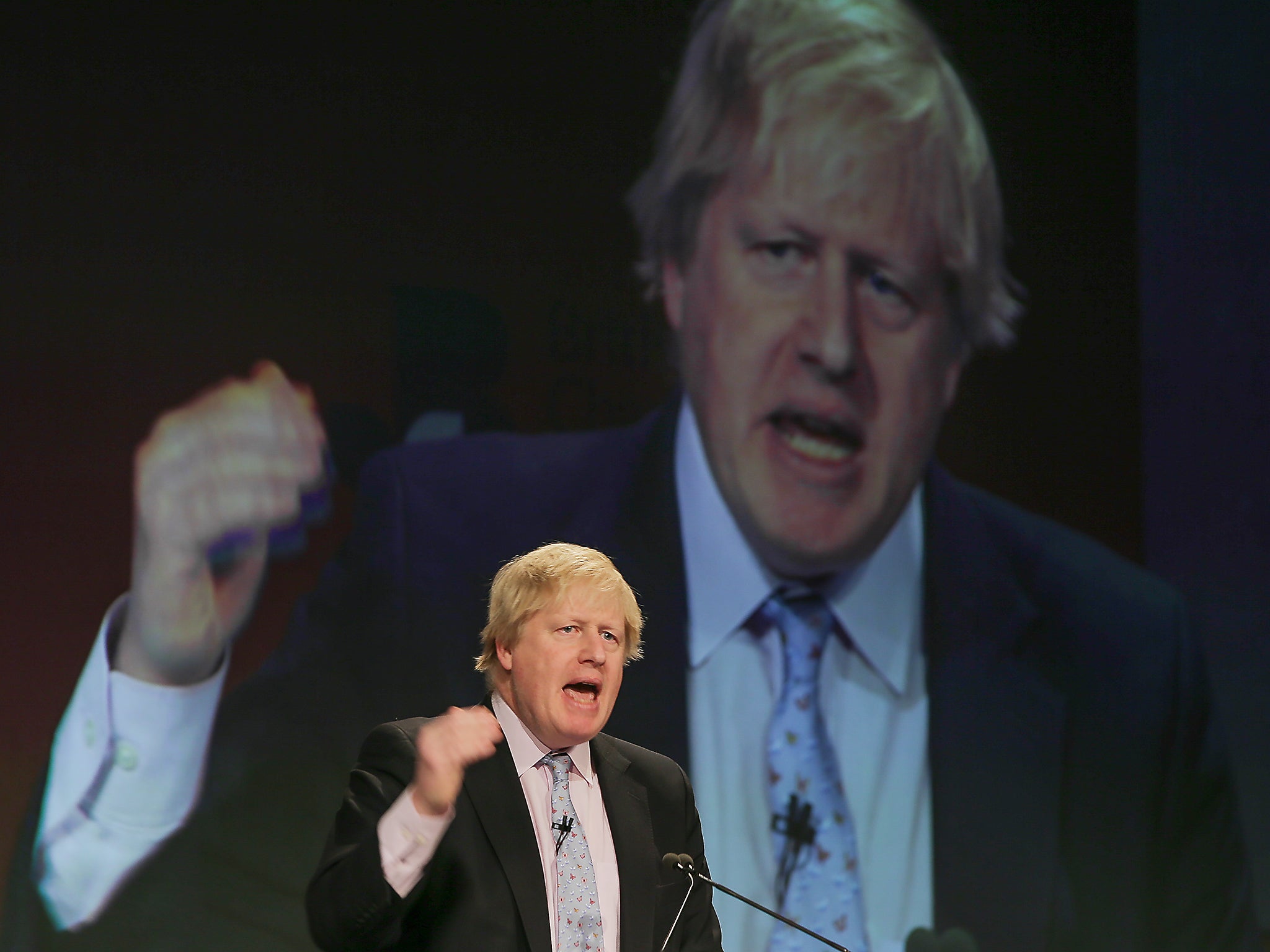Boris Johnson calls Google ‘disgusting’ for profiting from extremist content
Foreign minister said companies needs to stop making money from ‘prurient violent material’

Foreign minister Boris Johnson has blasted “disgusting” internet companies such as Google for making money from extremist content.
Mr Johnson told the The Sunday Times that Google needs to “stop just making money out of prurient violent material.”
“I’m furious about it,” he said, referring to firms’ slow reaction to take down terrorist propaganda and training manuals. “It’s disgusting.”
Home secretary Amber Rudd also wrote in the Telegraph that tech firms must do more following the terrorist attack on Westminster Bridge and Parliament, which killed four people, including a police officer, and injured a dozen more.
“Each attack confirms again the role that the internet is playing in serving as a conduit, inciting and inspiring violence, and spreading extremist ideology of all kinds,” she said.
“But we can’t do it by ourselves. We need the help of social media companies, the Googles, the Twitters, the Facebooks of this world. And the smaller ones, too: platforms such as Telegram, Wordpress and Justpaste.it.”
Both ministers have called for these companies to show more "social responsibility" when it comes to content which promote terrorism and extremism.
Platforms like Facebook and Twitter have been accused of only reacting to issues when they are flagged by users, and also reacting too slowly when controversial content is brought to their attention.
“They need to develop new systems and algorithms to detect this stuff and remove it. They are not acting when they are tipped off,” said Mr Johnson.
The ministers’ comments come as the Google boycott gains traction, with several brands cutting their spending on YouTube.
Companies in the UK and the US, including Walmart, Starbucks, the Guardian newspaper, Verizon and Volkswagen, have pulled advertising after they discovered their ads were placed next to extremist content.
Ms Rudd said she would meet with the heads of Google, Facebook and Twitter next week to discuss action to tackle extremism.

Google's European boss Matt Brittin apologised for the extremist content next to advertisers last week.
"I would like to apologise to our partners and advertisers who might have been affected by their ads appearing on controversial content. We take our responsibilities to these industry issues very seriously."
Join our commenting forum
Join thought-provoking conversations, follow other Independent readers and see their replies
Comments
Bookmark popover
Removed from bookmarks